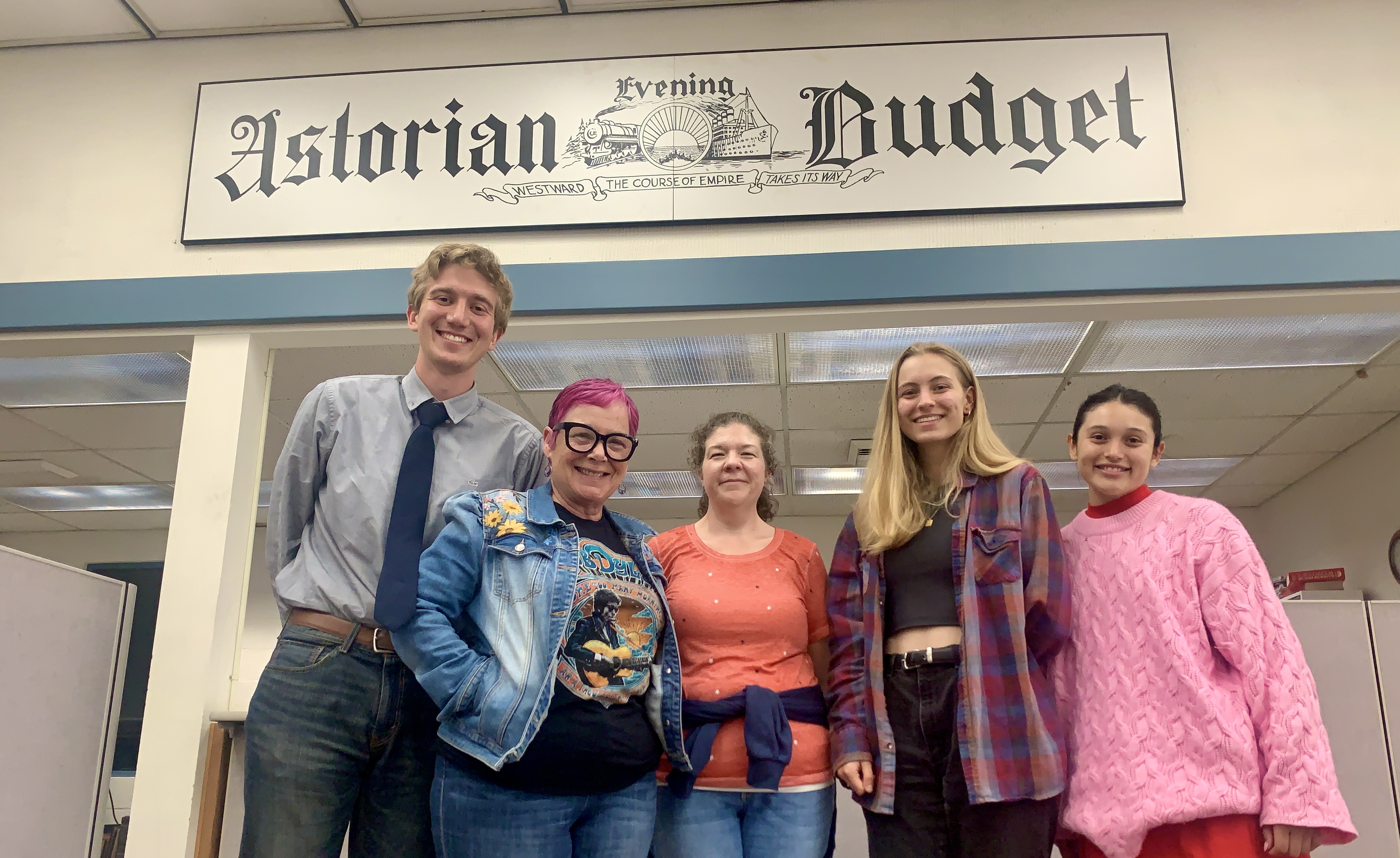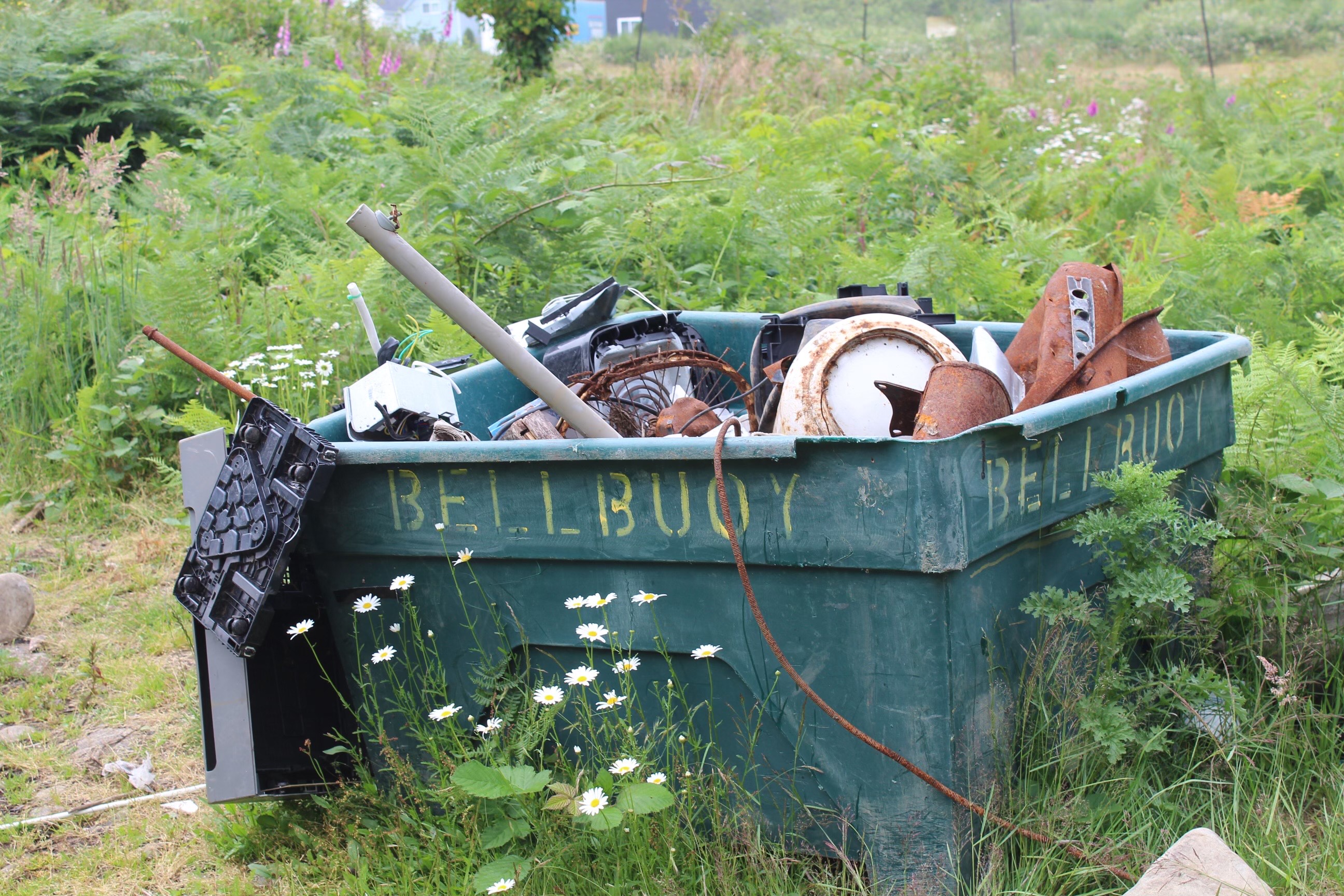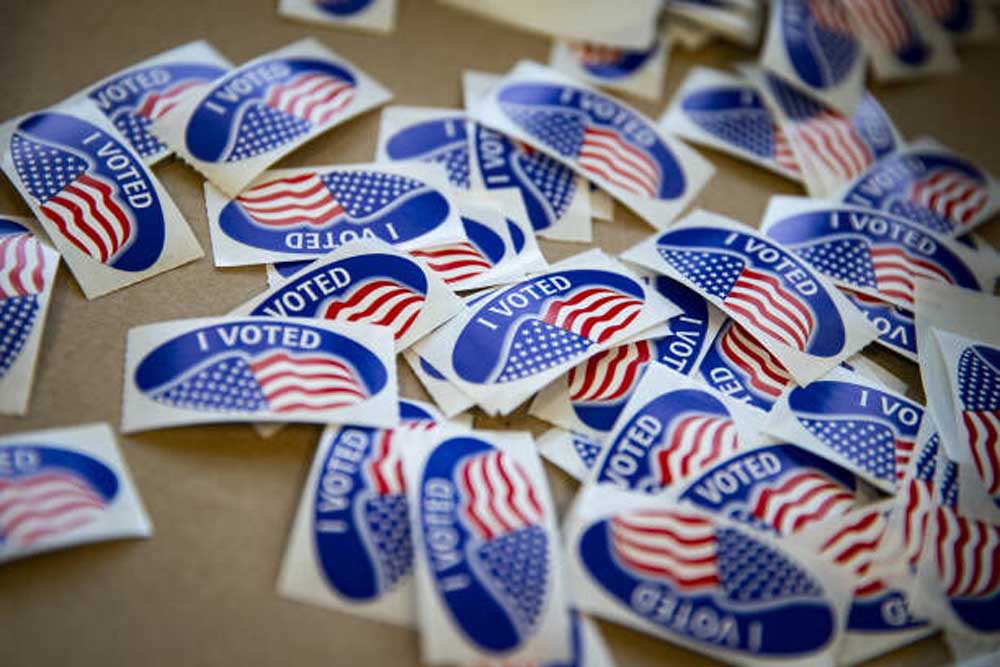Guest Column: There’s no such thing as free money
Published 12:30 am Saturday, October 19, 2024

- David Reid
In an election year with a highly charged battle for president of the United States at the top of the ballot, we might be forgiven for paying less attention to what’s further down-ballot.
In Oregon in 2024, that would be an enormous mistake.
Billed as the “Oregon Rebate,” Measure 118 offers nothing short of free money — a rebate to every Oregon resident, funded entirely by big corporations. On its face, the proposal is hard to resist. In truth, Measure 118 is the ballot equivalent of that old Nigerian prince email. There’s no such thing as free money and this will definitely cost Oregon families more than it could ever possibly deliver — starting in year one.
According to estimates by Oregon’s nonpartisan Legislative Revenue Office, Measure 118 would increase taxes by $6.8 billion per year — by far the largest tax increase in state history. Understand that Measure 118 is not even pretending to fund any critical programs like education, public safety, roads and infrastructure, social safety nets, or anything else that Oregon families look to the state to provide. You know, essential services? Nor are they filling a general fund deficit or balancing the state budget with this “free” money.
To the contrary, Measure 118 would instantly blow a $1.2 billion dollar hole in the state budget in the first biennium, increasing to $2.8 billion in the 2027-2029 budget cycle, again by the Legislative Revenue Office’s estimates. That’s money that will have to be replaced with more taxes on more things if we wish to keep our state government running as it is today. The report goes on to forecast a statewide loss of 28,000 jobs, many of them undoubtedly here.
What’s going on here? Measure 118 is that most un-Oregon thing. It’s a sales tax. Worse, unlike a typical sales tax applied to the final sale of a product to the consumer, Measure 118 is a gross receipts tax applied at every step of the supply chain for goods and services alike. A single item could be taxed multiple times on its way to you, meaning that you will pay more for everyday items like medicine, food, housing, insurance and fuel.
Proponents will tell you that this is just a tax on rich corporations, those with gross receipts of $25 million or more, so why should you worry? Your local bookstore, for example, likely isn’t a $25 million-plus corporation. But do you know who is? The distributor from whom they buy their books. Your favorite pizza parlor? Not a $25 million-plus company, but the supplier of nearly every ingredient is.
If you shop at any large grocery store, you are indeed shopping at a $25 million-plus company that will pay this tax directly, but they also get their product from other $25 million-plus companies and get those products delivered by (often) $25 million-plus freight companies, and on down the line all the way to the farmers who grow the vegetables. It’s called “tax pyramiding” and it’s the reason that gross receipts taxes have been all but universally dismissed by economists and policymakers as a terrible idea.
In short, there is no other possible outcome than this: Your basic necessities will get much more costly if this thing passes.
Don’t forget that Oregonians are already paying an average of $11,000 more annually for goods and services just since 2021. This is what they mean when they say Measure 118 is a “regressive” tax. It will affect all of us negatively, but the poorest families will feel it most.
The bottom line is this: Measure 118 can’t help children. It won’t help families. It won’t help small businesses or local economies. It won’t help mid- or large-sized businesses or the state economy. It won’t help our state government or its budget.
It won’t force multinational corporations to pay their “fair share,” partly because the corporate tax burden in Oregon is already among the highest in the nation, but mostly because it is impossible in any economy to isolate any size or type of company from the rest of us. We all share the costs and the effects.
“Free” money is never free. Measure 118 is a sweeping tax policy change conceived without any input from economists, regulators, business or tax experts. It is an experiment on Oregonians funded by California cryptocurrency billionaires, and it is completely without merit.
Don’t take my word for it. Measure 118’s vocal opponents are a broad group that includes the governor, Democrats, Republicans, Independents, labor unions, business associations, chambers of commerce, farmers, winemakers, pharmacists, physicians, builders and so many more.
Vote “no” on Measure 118 and encourage others to do the same.









